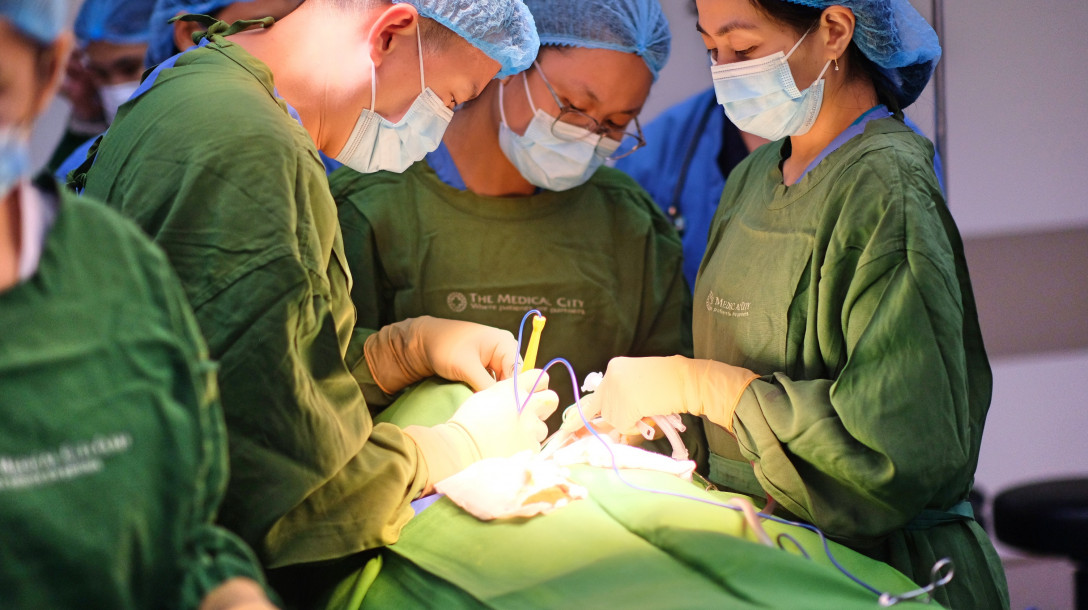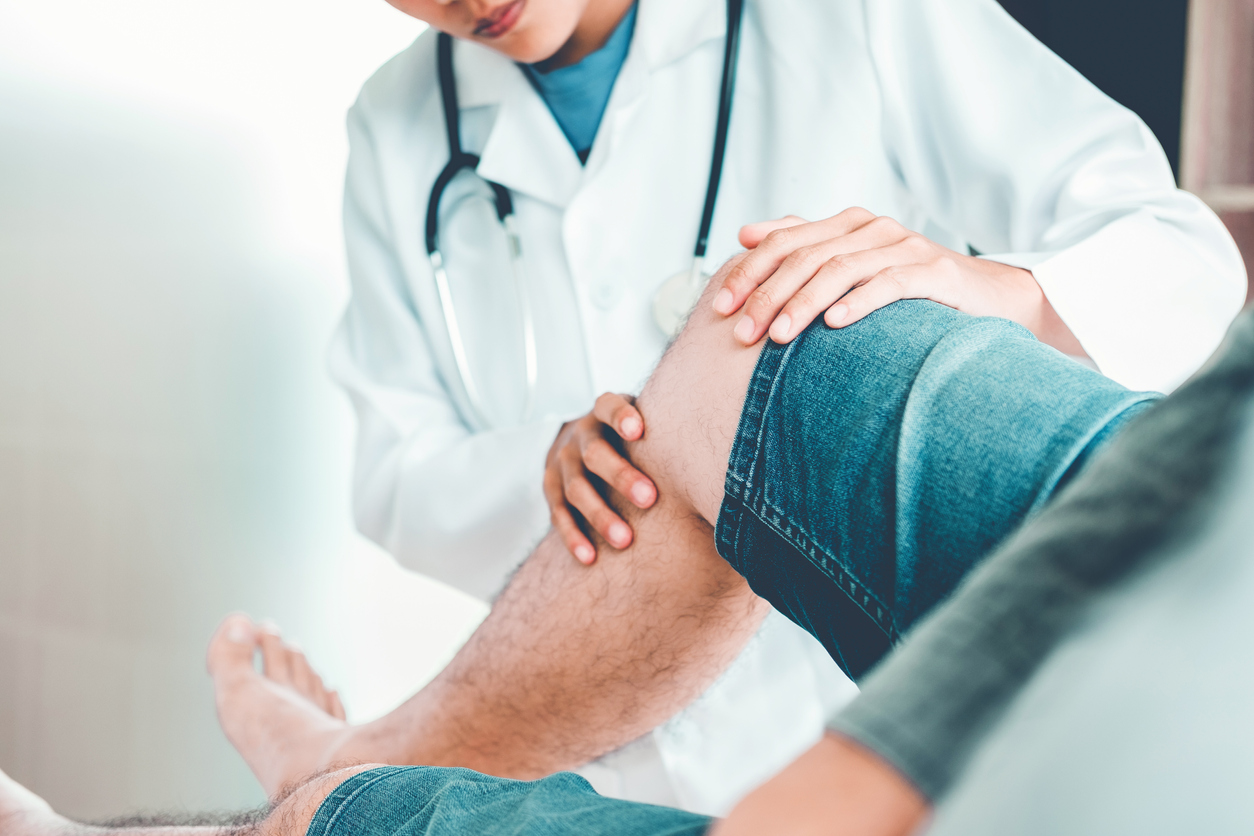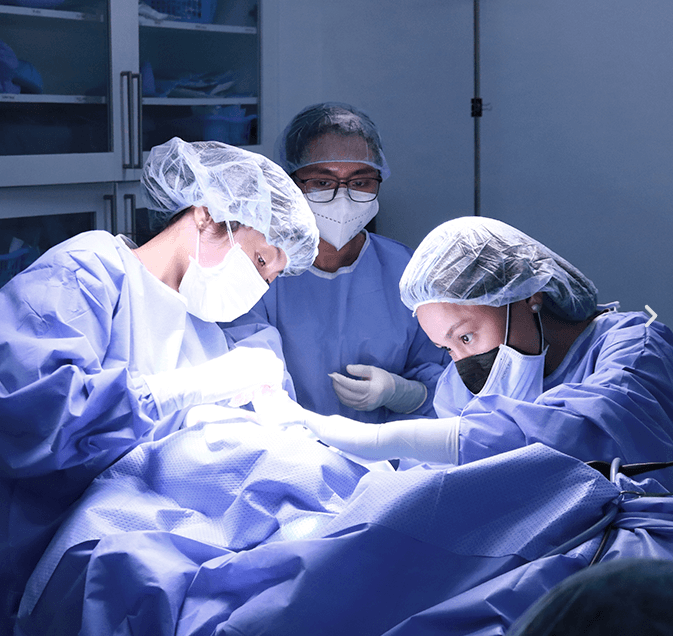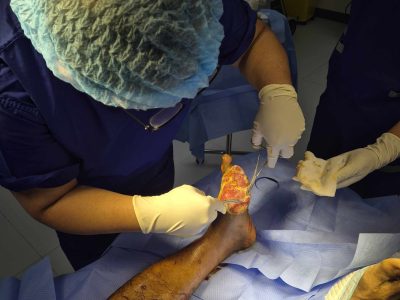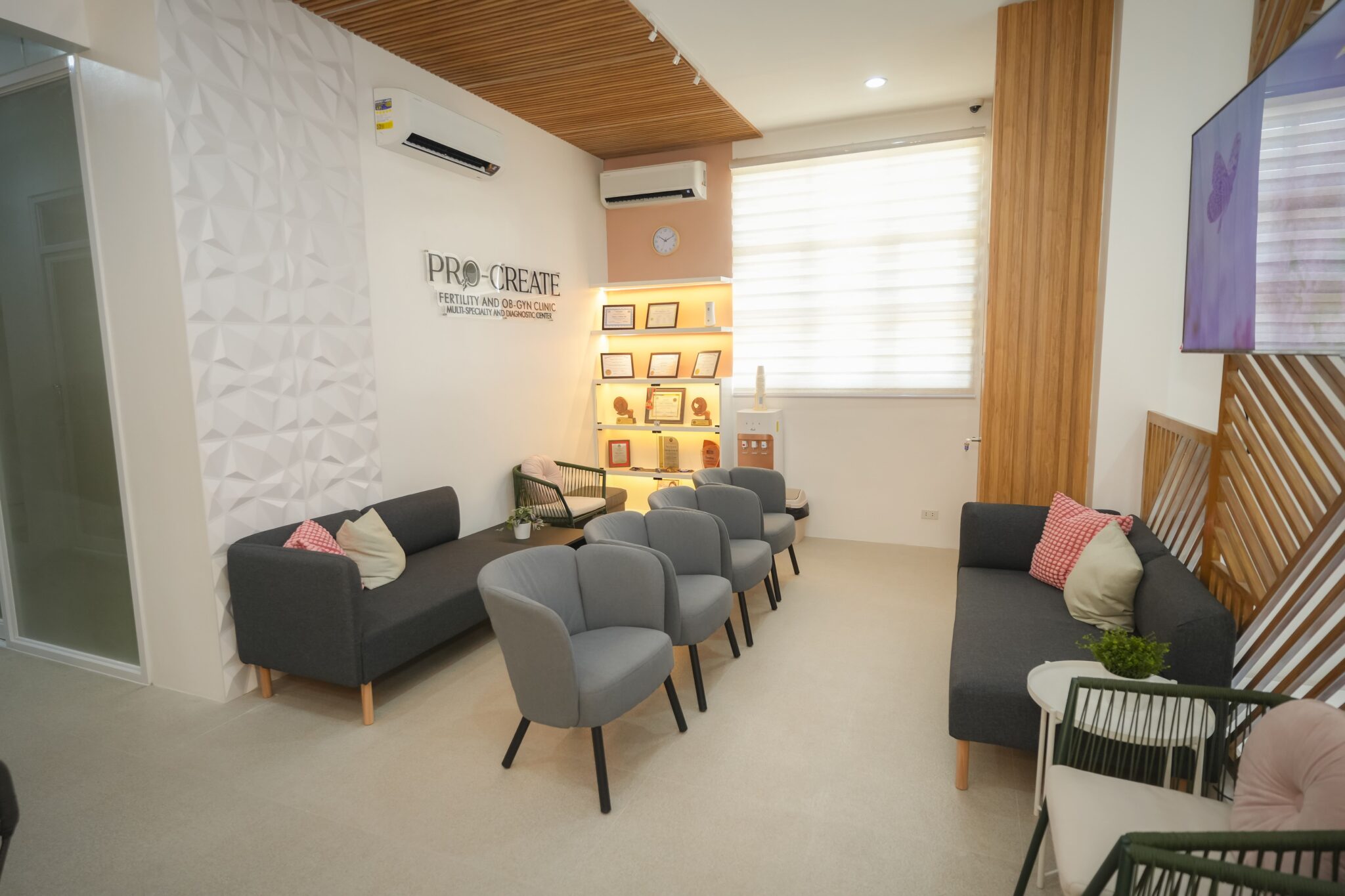Wound healing is a complex process that requires careful, professional attention—especially when wounds are chronic, infected, or slow to recover. Wound debridement services play a pivotal role in this healing journey by removing dead or infected tissue and allowing the body to recover naturally and efficiently. Across the Philippines, there’s a growing demand for accessible, high-quality wound care—especially in underserved communities. Clinics like Kalingap Wound Care Clinic are stepping up to meet this need with compassionate, affordable, and technologically advanced services rooted in Filipino values of kalinga (care) and lingap (nurture).
This article will guide you through what wound debridement is, its types, how modern wound care centers in the Philippines operate, and why Kalingap stands out as a leader in this field.
What Is Wound Debridement and Why Does It Matter?
Wound debridement is the medical process of removing dead, damaged, or infected tissue from a wound to promote healing. When a wound contains necrotic tissue, it acts as a barrier to proper healing and increases the risk of infection. Removing this tissue not only cleanses the wound but also stimulates the growth of healthy tissue, reduces inflammation, and enhances the effectiveness of other treatments.
Whether caused by injury, surgery, diabetes, or pressure ulcers, certain wounds require this intervention to avoid complications like sepsis or amputation. This is where professional wound debridement services become essential—especially when treating chronic or complex wounds.
Types of Wound Debridement Services Available
Modern wound care facilities offer a range of wound debridement services, each suited to different wound types and patient conditions. Here’s a breakdown:
Surgical Debridement: This method involves the physical removal of dead tissue using surgical instruments. It is typically used for large wounds with significant necrosis. Surgical debridement is fast and effective but requires expert medical supervision, particularly for patients with compromised immunity.
Autolytic Debridement: A gentle approach that uses the body’s own enzymes and moisture to liquefy dead tissue. It’s non-invasive and commonly used for patients who cannot tolerate aggressive procedures. However, it is slower and best suited for wounds with minimal infection.
Enzymatic Debridement: In this method, topical agents are applied to chemically break down dead tissue. It provides a middle ground between surgical and autolytic techniques and can be used in both outpatient and clinical settings.
Mechanical Debridement: One of the more traditional methods, this involves physical force—like wet-to-dry dressings or wound irrigation. While effective, it can also remove healthy tissue, which makes it less favorable in many cases.
Ultrasonic Debridement: An advanced technique now offered in the Philippines, ultrasonic debridement uses low-frequency sound waves to target and remove dead tissue precisely. It is less painful, faster, and reduces damage to surrounding healthy tissue.
Each of these methods has its own indications, and a proper assessment by wound care specialists ensures that the most appropriate treatment is chosen.
Technological Advancements Elevating Wound Debridement in the Philippines
Wound debridement services in the Philippines are evolving rapidly with the integration of modern technologies. At the forefront of this progress is Kalingap Wound Care Clinic, a facility that blends advanced medical science with heartfelt, culturally rooted care.
Kalingap employs cutting-edge solutions such as:
- Ultrasonic Debridement: Minimally invasive and highly precise.
- Negative Pressure Wound Therapy (NPWT): A vacuum-assisted technique that accelerates healing by improving blood flow and reducing edema.
These innovations, combined with expertly trained healthcare providers, ensure not just treatment but transformation for patients suffering from chronic or non-healing wounds.
Why Choose Kalingap for Wound Debridement Services?
Among the many healthcare options available, Kalingap Wound Care Clinic stands out for its commitment to holistic, affordable, and ethical wound debridement services in Metro Manila.
Filipino Values at the Core: The clinic is named after kalinga (care) and lingap (nurture), embodying the warmth and compassion deeply embedded in Filipino culture. This approach ensures that patients aren’t just treated physically but are supported emotionally and mentally throughout their healing journey.
Expertise and Professionalism: Kalingap’s staff includes medical professionals extensively trained in modern wound care technologies and ethical practices. Their deep understanding of both traditional and advanced debridement techniques ensures the best outcome for every patient.
Accessibility and Affordability: Recognizing that many Filipinos—especially in areas like Quezon City—often deprioritize healthcare due to financial concerns, Kalingap offers innovative affordability strategies. From community outreach programs to partnerships with local organizations, the clinic actively works to make its services reachable and reasonably priced.
Personalized and Holistic Care: Wound care isn’t one-size-fits-all. Kalingap evaluates the whole person—not just the wound. This includes assessing underlying conditions like diabetes, circulatory issues, and immune deficiencies to create a customized care plan.
The Healing Journey at Kalingap
A typical experience at Kalingap begins with a thorough consultation. During this stage, medical professionals assess the wound, review the patient’s health history, and determine the appropriate wound debridement services needed.
Patients receive not just physical treatments but also:
- Education on wound care and hygiene
- Nutritional counseling to support immune response
- Family involvement and support guidance
Follow-ups are frequent and detailed, ensuring that patients never feel abandoned in their recovery process.
Moreover, the emotional support offered by the staff fosters a comforting and reassuring environment—especially vital for elderly or anxious patients.
Accessibility of Wound Debridement Services in Metro Manila
For many residents in Metro Manila, particularly Quezon City, healthcare access remains a challenge. Kalingap bridges this gap by situating itself as both a clinical and community partner. The clinic not only serves walk-in patients but also connects with barangays and local institutions to raise awareness about the importance of wound care.
Booking an appointment is simple and can be done via phone or online. The clinic accommodates flexible schedules and provides detailed pre- and post-treatment instructions to ensure every patient is well-prepared.
Empowering Healing with Dignity and Compassion
Choosing professional wound debridement services can be life-changing—especially for individuals with chronic wounds, diabetes-related ulcers, or mobility challenges. At Kalingap Wound Care Clinic, the focus isn’t just on treating a wound—it’s on restoring a life.
The blend of clinical expertise, cutting-edge technology, and heartfelt care makes Kalingap a trusted choice for families seeking holistic wound healing solutions in the Philippines. With every wound they treat, they not only restore skin—they restore dignity, confidence, and hope.

